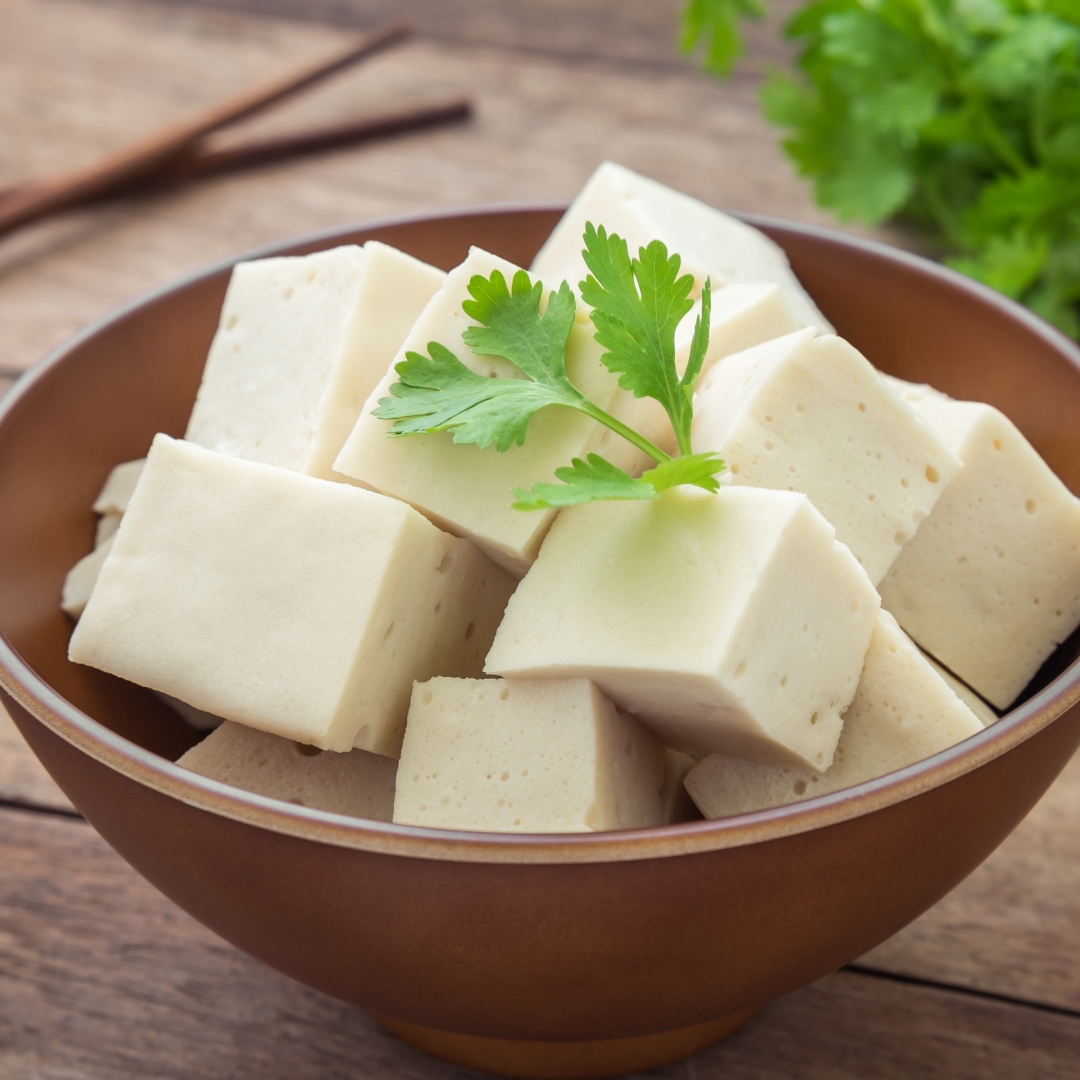
What’s A Plant-Based Protein?
The last few decades have seen a rise in vegetarianism and veganism, not just in western countries but also worldwide. As societies have become more affluent, they’ve begun to see meat-eating as something that you should enjoy more sparingly – rather than as an everyday occurrence.
We’re being educated about the health and environmental benefits of including more plant foods in our diets. But when it comes to meal-time, there are still concerns about protein levels. In this article, we’ll explore plant-based proteins and some of their benefits to make sure vegans, vegetarians, and meat-eaters alike never feel left out at the dinner table.
What is Plant-Based Protein?
Plant protein is simply a valuable source of protein derived from plants as a diet. This protein is fundamentally different from animal-based proteins because it’s low in fat and carbohydrate. Protein is an essential component for our bodies’ growth, maintenance, and repair. To keep our bodies healthy, we must eat enough high-quality protein every day. Protein is, in a nutshell, essential to our bodies’ basic structure.
Different Plant-Based Protein
Tofu
Tofu is one of the most available plant-based protein products. It is made from soybeans and is often used for Asian cuisines. Tofu is associated with being the best plant-based source of protein as it provides a good amount of protein per serving.
Furthermore, it has also been an excellent source of vitamin B6, iron, and magnesium; although it contains little saturated fat and cholesterol, it contains some sodium. Other nutrients that tofu offers are copper, phosphorous, folate (which helps promote cell growth), calcium, along with other essential vitamins like riboflavin (vitamin B2), thiamine (vitamin B1), niacin (vitamin B3), and vitamin C.
Chickpeas
Chickpeas referred to as garbanzo beans, are another high-protein legume. It can be eaten hot or cold, and there are a plethora of recipes for them online. They can be used in stews and curries or baked in the oven after being flavoured with paprika. Hummus produced from chickpea paste is a healthy, protein-rich substitute for butter on a sandwich.
Quinoa
Quinoa is known as a complete protein or even a superfood. It is the most versatile plant-based protein source that you can use in dishes such as muesli, porridge, and salads. Quinoa is also high in fibre and unique antioxidants like gliadin and saponins.
In addition to its other benefits, it can be grown all year round with minimal water consumption. Nowadays, many quinoa varieties are available: white quinoa, red quinoa, black quinoa, etc. Quinoa, like tofu, contains a high concentration of all essential amino acids and 8 grams of protein per cup, making it a fantastic plant-based protein choice.
Oats
When most people think of oats, they think of carbohydrates, just like bread. However, oats are a good source of protein too. One cup of dry oats contains about 8 grams of protein. Oats naturally contain a wide variety of nutrients like vitamins B1 and B6, which help support immune function and cognitive health.
Seitan
Seitan, a popular vegan protein source derived from wheat gluten and water, is a popular vegan protein source. Seitan is used in vegan and vegetarian dishes, such as veggie burgers, tacos, or lasagna. It also can be eaten on its own as a meal. It is a plant-based protein source with no animal products. This protein derives from an essential amino acid called methionine that originates from wheat gluten (seitan).
Lentils
Lentils are an excellent source of carbohydrates, fibre, and protein. They provide you with 18 U.S.G.R. of protein, which is ideal for a vegetarian or vegan diet and also assists in the reduction of cholesterol levels in the body. In addition, lentils are low in fat and calories and contain zero cholesterol. Furthermore, they’re a fantastic meat substitute in comfort foods like chilis, soups, and stews, and they make the best tacos ever.
Hemp Seeds
Hemp seeds are one of the few plant-based protein sources that contain amino acids and essential fatty acids. They also have a high proportion of vitamin E and other antioxidants, which keep you healthy.
Furthermore, hemp is a plant species in the Cannabis genus cultivated for its seed (which contains oil with 25% polyunsaturated fat content) since ancient times. It has been used in some traditional systems like Ayurveda for food, but its most common current use is as industrial hemp—i.e.
Benefits of Plant-Based Protein
Plant-based protein has several benefits that go beyond its health benefits. Some of these advantages include the fact that plant-based proteins are often low in fat, cholesterol, and gluten, making them a healthier option for animal protein. Another big plus is that you can easily find your protein source on just about any island.
Furthermore, plant protein may help with weight loss and provide the building blocks for healthy muscles and tissues. Plant-based proteins are lower in calories and fat but higher in fibre and vital elements than animal proteins.
You can lower your calorie intake while improving your daily nutrition profile by substituting plant proteins for animal proteins. To receive all the essential amino acids, you may need to consume various plant proteins, but this is also the best method to ensure you get all of the vitamins, minerals, and other nutrients you require.
Takeaway
Indeed, eating plant-based protein foods is essential in keeping our mind and body healthy. With a high-quality plant-based protein, you can manage your weight and reduce your intake of saturated fats. Plus, these dietary choices help lower the risk of developing major illnesses such as type 2 diabetes and heart disease. It may sound too good to be accurate, but with a focus on plant-based protein foods, it’s easy to have healthy food that tastes great too!



